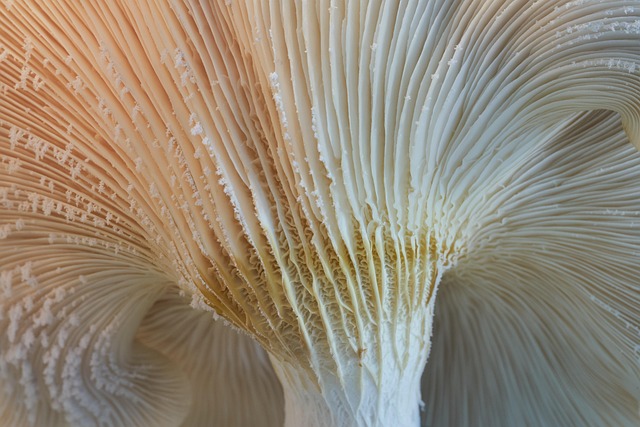In an era where sustainability is more than just a buzzword, the quest for innovative solutions to the challenges of recycling has never been more pressing. One particularly intriguing area gaining traction is the application of biological ideas to revolutionize traditional recycling practices. These concepts not only promise to enhance our recycling efficiencies but also align with the broader goals of sustainable development.
The idea is simple yet profound: by looking to nature for inspiration, we can devise systems that mimic natural processes to reduce our ecological footprint. For instance, consider how organic waste could be transformed into valuable resources through the use of microorganisms or enzymes. These biological methods can expedite waste decomposition, ultimately yielding compost that enriches soil rather than contributing to landfill overflow. This aligns with the biological idea of closing the loop, a concept crucial for achieving sustainability.
Green technologies are at the forefront of this movement, employing biological insights to offer innovative recycling methods. Bio-inspired processes utilize the natural breakdown mechanisms of various organisms, making them a promising alternative to conventional recycling techniques. This process can result in carbon-neutral outputs, where the emissions produced are offset by the carbon absorbed by plants, thereby maintaining the delicate balance of our ecosystems.
Further exploration of biological ideas can lead to the development of biodegradable materials that break down naturally, making recycling more efficient and environmentally friendly. Imagine if packaging materials were made from substances that returned to the earth within months rather than languishing in landfills for years. This not only highlights the innovative potential of biological ideas but also emphasizes our responsibility to future generations.
As governments and organizations begin to adopt policies that favor sustainable development, the integration of biological ideas into recycling practices will likely gain momentum. This shift has the potential to transform not just the recycling industry but also how we perceive waste itself. By viewing waste as a resource rather than an end product, we can foster a culture of sustainability that prioritizes minimal ecological impact and maximizes efficiency.
It’s crucial for individuals and communities to grasp the importance of these emerging concepts and advocate for their implementation. By choosing products made from sustainable materials, supporting businesses that engage in eco-friendly practices, and participating in local recycling programs, we can each play a role in this revolution.
Incorporating biological ideas into recycling represents not just a scientific leap but a fundamental shift in how we interact with our environment. With the world facing pressing challenges such as climate change and resource depletion, it is imperative that we seek innovative solutions that not only mitigate impacts but also enhance the resilience of our ecosystems. Together, through the lens of sustainable development and the power of green technologies, we can pave the way toward a future where recycling exists in harmony with nature.




